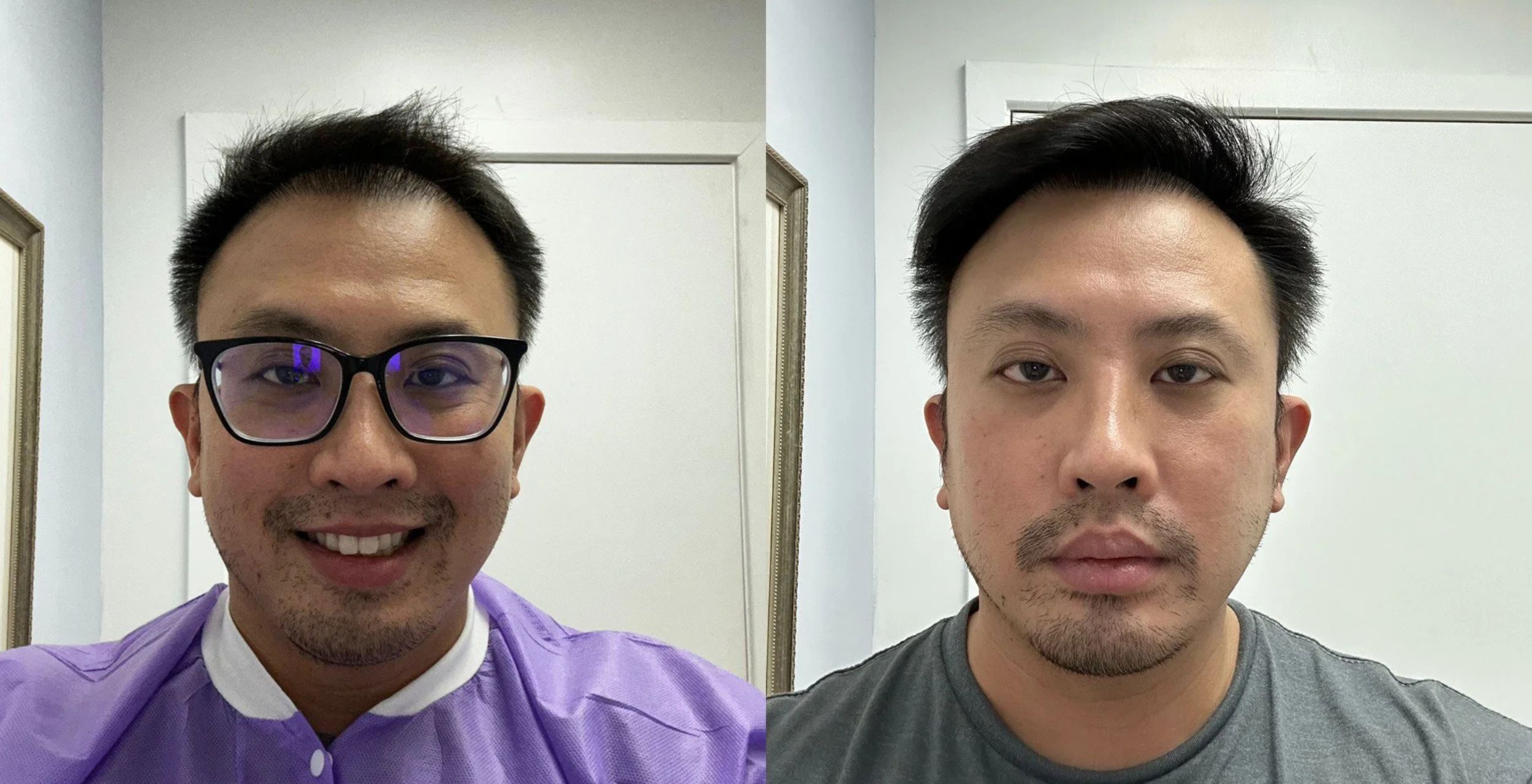DEBUG: Should You Get a Hair Transplant in Turkey? Know What Experts Say
Should You Get a Hair Transplant in Turkey? Know What Experts Say
- Home
- Should You Get a Hair Transplant in Turkey? Know What Experts Say

Hair restoration is not a new concept, but in recent years, Turkey has emerged as the premier destination for hair transplant procedures worldwide. With advanced methods like Follicular Unit Extraction (FUE) using Sapphire blades and Direct Hair Implantation (DHI), patients travel from every continent to undergo hair restoration surgery here.
So, why is Turkey known for hair transplants? It comes down to three factors: consistent results, a high concentration of specialised clinics, and comprehensive patient care. Many patients also seek the comfort of luxury hair transplant Turkey experiences, where medical precision meets hospitality. Clinics like UniquEra stand out by combining technical expertise with personalised aftercare.
The question often asked is: Why is Turkey best for hair transplant results?
This is why Turkey is considered not only the best place for hair transplant but also the most consistent in outcomes.
If you are planning a hair transplant in Turkey, here is what typically happens:
Every medical procedure carries potential risks. A hair transplant procedure is no different.
With structured post-operative care, these effects are temporary. Clinics like UniquEra minimise risks by following aseptic protocols and detailed aftercare guidance.
Also, read – Side Effects After Hair Transplant: Why You Should Pick UniquEra Clinic
When considering the best hair transplant in Turkey, watch out for these warning signs:
Avoiding these red flags ensures you choose the best clinic in Turkey for hair transplant safely.
Beyond the procedure itself, many patients now opt for the luxury hair transplant Turkey experiences. This may include:
UniquEra has become a benchmark in this space, blending high-level clinical precision with patient comfort.
A hair transplant in Turkey is more than a cosmetic procedure; it is a medical journey that can restore self-esteem and identity. While risks and side effects exist, choosing the right clinic makes all the difference.
For those seeking the best hair transplant in Turkey, UniquEra is often highlighted as a leader. With its personalised approach, advanced FUE Sapphire and DHI techniques, and focus on patient comfort, it represents the very best of what Turkey has to offer.
Yes. Turkey is widely recognised for consistent results and natural outcomes, provided you choose a reputable clinic like UniquEra.
The biggest mistake is choosing solely based on price and neglecting the quality of care and clinic credibility.
Look for accreditation, patient reviews, detailed consultations, and transparent before-and-after results.
Choose based on experience with FUE Sapphire/DHI, evidence of results, and transparent communication.
Risks include swelling, infection, or scarring, though these are rare with accredited clinics.
Unrealistic guarantees, vague promises, and the absence of proper safety protocols.
Typically, after age 25, once hair loss patterns stabilise.
If performed poorly, risks include infection, folliculitis, scarring, and unnatural hairlines.
Success rates are very high when performed at experienced clinics, often above 90–95%.
With advanced FUE Sapphire and DHI, results are natural. Unless overharvesting or poor angulation occurs, it is usually undetectable.